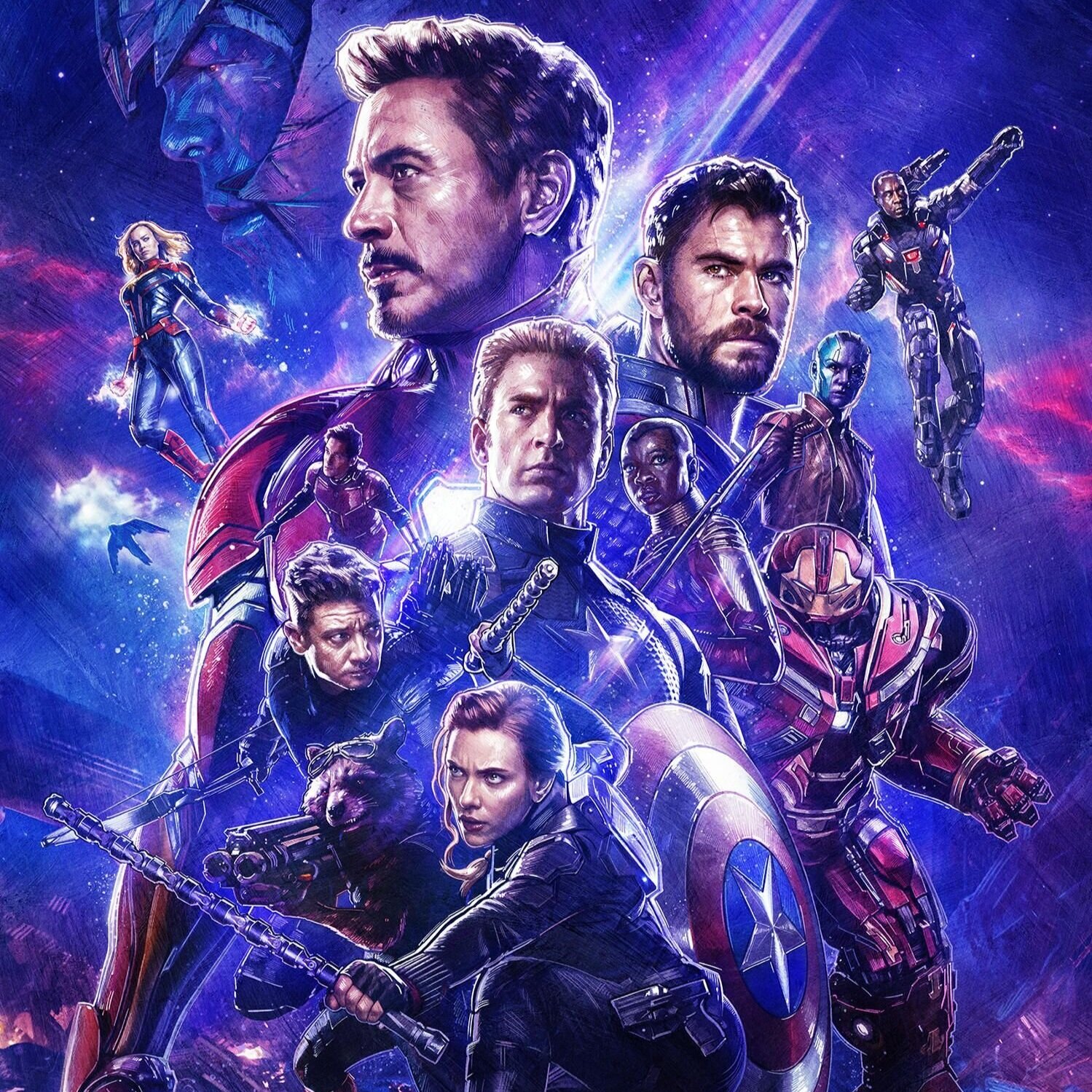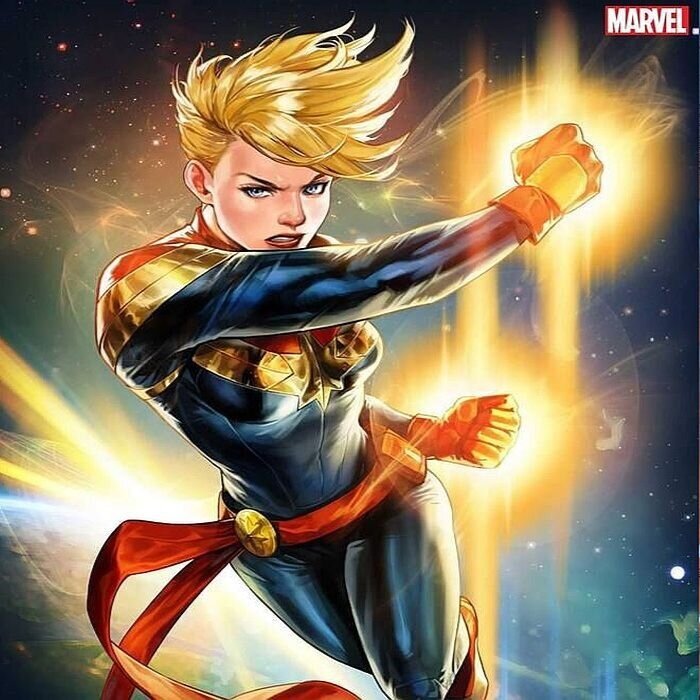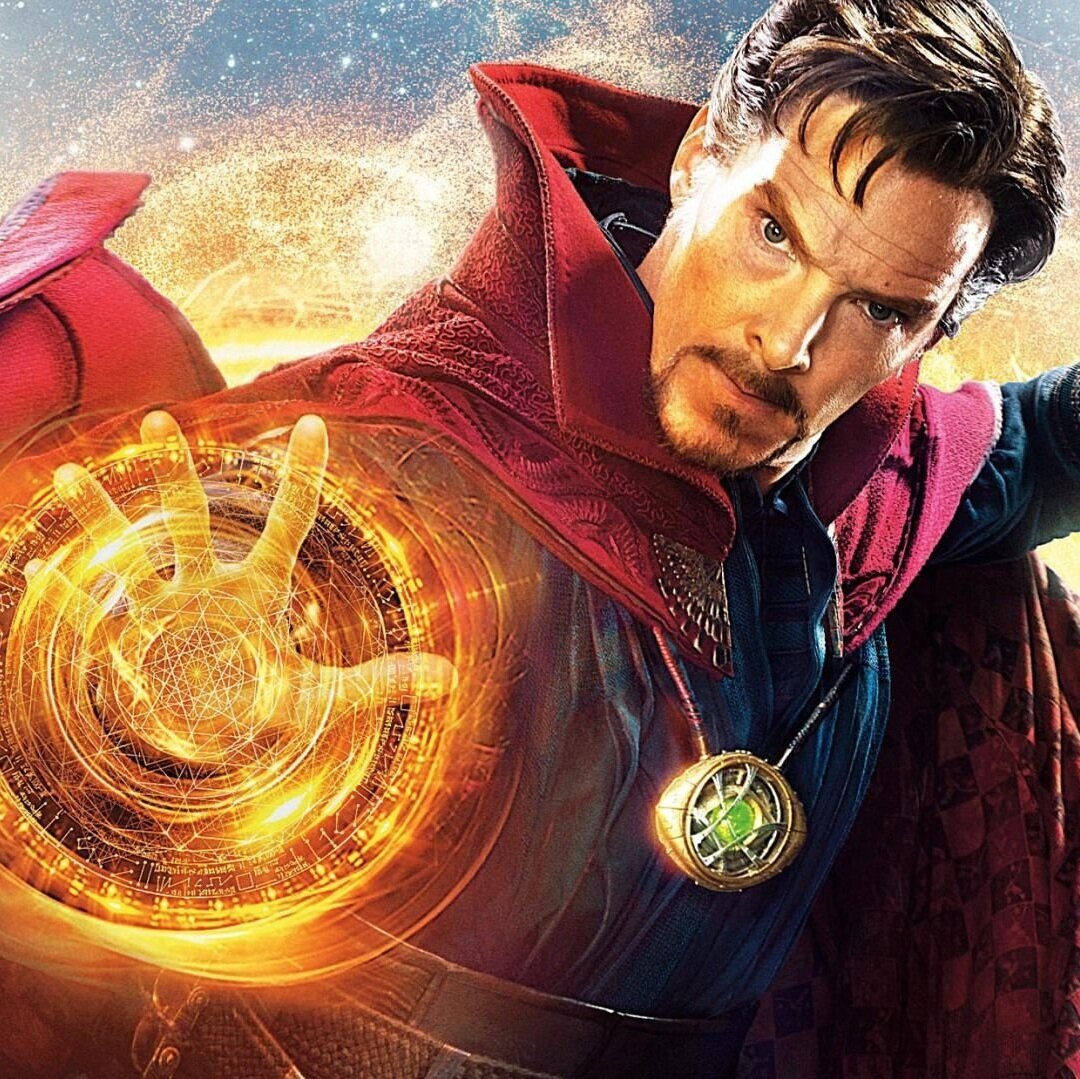Logan: Why the Superhero Genre Needs the X-Men
Back in 2000, many of us sat in the movie theater and watched a scene in which a clueless man finds himself at a school full of strangers, strangers just as unique as him. It’s a film full of up-and-coming actors mixed with those who already have extensive careers.
We have an unknown actor playing a gruff, lonely character named Wolverine, some clean-shaven young man in ruby glasses called Cyclops, and a fiery redhead named Jean Grey. For any avid comic book reader at the time, this was a milestone. It was the first time a major film studio, 20th Century Fox, chose to translate a colorful work of art with decades of mesmerizing history into a full budget studio project.
The hesitation many studios had towards adapting this comic book series serves as the perfect example of how the world fears what it does not understand. Other studios believed the idea of comic book films was simply foolish, a painful attempt to add realism to flat characters in yellow spandex. Nearly seventeen years later, comic book films dominate the box office, a turn of events that few were able to predict back when the first X-Men film came out.
What distinguishes the X-Men franchise from other superhero franchises is that despite the two-decade span of films, the same actors continue to take part in this universe, albeit portraying older versions of themselves. Different actors have been hired to play younger versions of themselves in the more recent films. Hugh Jackman has continued his portrayal of Logan Howlett, Patrick Stewart has remained the face of Charles Xavier, and we are sometimes graced with recurring appearances from other original cast members. We are now faced with the apparent closing of the original trilogy, given that Wolverine remains the sole member of the original team, and Hugh Jackman’s career has been largely based off his success in this role.
However, the younger cast set in the 1980s in the most recent ensemble installment, X-Men Apocalypse, suggests an impending close to the participation of the original cast. This new cast consists of Tye Sheridan (Mud, Stanford Prison Experiment), Sophie Turner (Game of Thrones), Evan Peters (American Horror Story), and Nicholas Hoult (Mad Max, Warm Bodies). Despite the success of the original cast, all good things eventually come to an end to allow for the performance of an upcoming generation.
Role Of Logan in the X-Men Cinematic Universe
As a true X-Men fan, Logan marks more than another solo installment. It marks the aging of a franchise, a larger metaphor for the film and comic book industry as a whole.
The franchise began in the year 2000 with a new, young cast, a new genre of film, and a fresh set of ideas. Like the Wolverine himself, the franchise has had its strong and weak times, triumphing with major box office hauls and acclaim and suffering through poorly executed films that left us wondering if these beloved stories would be able to survive in a world of film critics and perfectionist audiences. Like Logan himself, the X-Men universe heals from wounds and bounces back with explosive rage and beautiful graphics and plots. But in this final Wolverine film, we are openly forced to acknowledge that while he could keep fighting on forever, healing, fighting, suffering, and reviving, his time has come to a relevant close. He is weary, and as an audience, we are selfish in our insistence for his revival. And as fans, we must acknowledge the same fate for this era of the X-Men cinematic universe.
I believe that this is the reason why watching this film was so hard. Laura, known as X-23, is another representation and reminder of a younger cast filling the shoes of the great ones as they make their final exit. In fact, she is a replacement for Wolverine, a young female version of him poised to take on his vital role in the X-Men universe.
So when a character I have lived with for practically my whole life suddenly falls subject to danger, it’s pure instinct to know that he will be fine, that he will get back up again. But when his tired eyes close and fail to open again, and blood covers his shirt and his body goes limp, it was a taste of the same sense of denial that comes with the death of a friend, a companion. It is the fading away of a character who brought action, fearlessness, love, and motivation into the pages of comic books for decades. I sat there expecting him to rise and keep fighting, but deep down I knew this was it.
It thrilled me to think of how these films have evolved with the times. A standard case of a franchise presents a decent first film, a somewhat adequate second film, and usually an unnecessary, disastrous third film. In the case of the Wolverine movies, it is the complete opposite. We saw the solo spinoff get to a shaky start with a weak plot and disastrous graphics. We saw the second film providing something more, despite only moderate approval from critics. Then, a third film arises that is currently being compared to the legacy left by The Dark Knight Rises.
Logan is a film that will make any true X-Men fan experience a sense of sorrow, happiness, and an itching disdain for those in control of the cinematic universe. We leave the theater feeling joyful that we witnessed a Wolverine film as it was meant to be, grateful that after seventeen years we finally saw the adamantium claws slice and stab instead of a family-friendly implication. We finally got the opportunity to see Logan alongside his daughter, something the comic book fans have anticipated for years. We left in sorrow when this film ended with a deadly silence that took away the triumph we finally got after almost two decades. And we left the theater feeling shafted by the filmmakers, wondering why it took them so long to get it right.
In a sense, Logan represents an end to opportunity and time. It is not only Hugh Jackman’s last film as Wolverine, but we will most likely never see an appearance from the original cast ever again. This is why, since Jackman and director James Mangold took such creative liberty in terms of Logan’s storyline, I prefer to consider the ending to Days of Future Past the true ending, and Logan's as merely an alternate universe that is unconnected to the rest of the franchise. Days of Future Past left us with a scene of all X-Men alive and well, finally back within the school and at home within the cinematic universe as they should be. For the first time in ten years, we had appearances from Storm, Beast, Jean Grey, Rogue, and Cyclops, the last person Logan encounters when he awakens in the repaired future timeline. Since the events of Logan only occur a mere ten years later and the film presumes the rest of the X-Men to have died in some freak accident, I prefer to take this with a grain of salt and insist that the Days of Future Past ending is the correct one. To me, the events of this film were meant to exist in an alternate reality, a conclusion that exists, but a conclusion that stands alone.
What About Logan's Hidden End Credits Scene?
Press screenings may have failed to include a three minute end credits scene being held as a secret until the global release date. We have to wonder: what could be so secretive that is worth forcing even the press to wait? Regardless of the existence of an end credits scene, it is worth considering what might have occurred.
The common theory is an appearance from Cable, son of the mutant leader Cyclops. In the comics, his main motivation is to save mutant-kind through time travel. The post credits scene of Logan hinted that he may bring X-23 along in his adventures. Deadpool's post-credits scene also implied Cable's future appearance. A fan theory predicts a possible cameo from Deadpool himself.
My theory, however, is something that would completely correct the timeline dilemma within the X-Men film franchise. Since the creation of the newer films, the X-Men franchise has been split between an older cast in the present day, and the younger cast in the seventies and eighties. This forces the younger cast to remain representative of their older counterparts while trapped in a past era. It just wouldn’t make sense for Tye Sheridan and Sophie Turner to play a young Cyclops and Jean Grey in any other time than the eighties, since James Marsden and Famke Janssen played adult versions of these characters in the early 2000s. So how would the entire cinematic universe be able to get around this?
As it turns out, one of the most recent comic book storylines, titled All New X-Men, sees the present day X-Men relatively dispersed, similar to the state of the team seen in Logan. In order to save their future, the younger X-Men are brought as teenagers from the sixties to the present day in hopes of changing their course of events. Instead of growing up in their correct time, they grow up in the present day, eventually joined by X-23. This explains the inconsistent ages of the X-Men in the films.
At the end of Logan, Laura is headed to a supposed mutant Eden. If the studio was looking to maximize the usefulness of this end credits scene, we would see Laura arrive to this Eden to be greeted by the young cast of X-Men Apocalypse brought to the present day. This would be the perfect method of phasing out the original cast, allowing the younger counterparts to take over in the present day without the constant struggle of being trapped in the past. It would be a seamless transition, and it would easily be the most useful, perfectly executed end credits scene of any comic book film. But given that Hugh Jackman and James Mangold have failed to confirm or deny an end credits scene, theoretical speculation is always of value to fans.
Logan as an R-Rated Comic Book Film
It is also important to consider why Logan have such a strong draw to the theaters? Why is the concept of Wolverine finally having the stamp of an R-rating so particularly enticing? Why is a solo Wolverine film so monumental now that it endorses blatant violence rather than the implied combat left by previous PG-13 installments?
As mentioned previously, this is a moment in which fans finally feel like a beloved character is being treated with the justice of accurate characterization. The creation of superhero movies with R-ratings is not a trend and not an excuse to be edgy and different. It is evidence that the slew of summer PG-13 superhero movies is becoming exhaustive, and quite frankly, inaccurate and displeasing for characters that should not be limited to such boundaries. The X-Men films are set in more of a believable environment, consisting of lone, unique individuals rather than a bunch of elite superhumans chatting in a Manhattan skyscraper. Thus, it only makes sense for the R-rating to be introduced. Wolverine is a character that acts with violence, lust, and language, and retaining such a character in a family friendly rating is simply a missed opportunity.
Just as with Deadpool, this is not an effort to be different from the Marvel cinematic universe, but a successful move to not allow Marvel and Disney determine what ratings a superhero movie should and should not have. Just because Captain America and Star-Lord do not act with brutal violence, doesn’t mean we should hold Wolverine back from being the character he is. Just because Marvel markets films mostly to families does not make Fox Studios responsible for watering Deadpool down to a PG-13 rating. In fact, making Deadpool PG-13 would have completely compromised the character for the sake of anticipating a larger box office haul. In general, R-rated films have a lower overall earning as there are restrictions on who is able to see these films. However, by remaining true to the characters in question, Fox Studios produced Deadpool, one of the top five highest grossing R-rated movies of all time, and I can almost guarantee a family friendly version would have made less. The reason fans were desperate to see it is because of the rating, because they knew it was the first time a Marvel Comics character had the chance to have their story told in an accurate depiction. The same is true for Logan, in which the boundaries film studios previously believed to be necessary for a comic book film have been lifted, focusing on the story rather than trying to target the largest audience possible.
In order to create a more memorable film, it is necessary to break boundaries or have some unique characteristics that set the film apart, even if it means a slightly smaller audience. These movies will make substantial amounts nonetheless, and if the more restrictive rating is necessary to tell a story properly, the filmmakers have consciously chosen the path of a better film over catering to the corporate behemoth that is the rest of the comic book genre. Films such as Deadpool, Logan, even The Winter Soldier, were all bold enough to focus on the story first. Other films including Thor: The Dark World, Doctor Strange, Age of Ultron, and even Civil War, were a disappointment in the sense that they were well-received by critics, but guess what? I can hardly remember exactly what happened in each of these films. They have begun to mesh together in memory, since technically they did nothing wrong, but they did nothing new or exciting either. We cannot expect for films following the same plot line veiled in computer graphics and one-liners to age well or stand out in our own minds. It is for this reason that I believe any comic book film that would be held back by a more accessible rating should simply tell the story first, and ignore the rating system. Tell the story that needs to be told, the way it should be told, and an audience will be waiting.
Overall, Logan is successful in its delivery of plot, introduction of new characters, and raw storytelling that is passionate and memorable. It is a film that will allow audiences to empathize with its characters, regardless of their knowledge of comic book movies and franchises. It is first a film about family, life, and loneliness, supplemented only later by action and adventure. Though this film marks an end to the chances of the original X-Mencast returning, I do have faith in the upcoming films. Though we will never see James Marsden’s Cyclops and Hugh Jackman’s Wolverine become the friends and teammates we know from the comics, I believe that the X-Men franchise has a brighter future than many others. There are snapshots from the comics that I have always wished to see on the big screen that I know will never occur, but the resolution left by Logan remains bittersweet and strangely satisfying. It causes nostalgia to surface without forcing fan service into the dialogue, without tossing in unnecessary cameos that other comic films have begun to use for pure shock value. It is a perfect blend of raw adventure, emotion, and character development, a film that is definitely worth viewing regardless of personal opinions on comic book films. Because this is not a comic book film, it is simply a story being told.




























